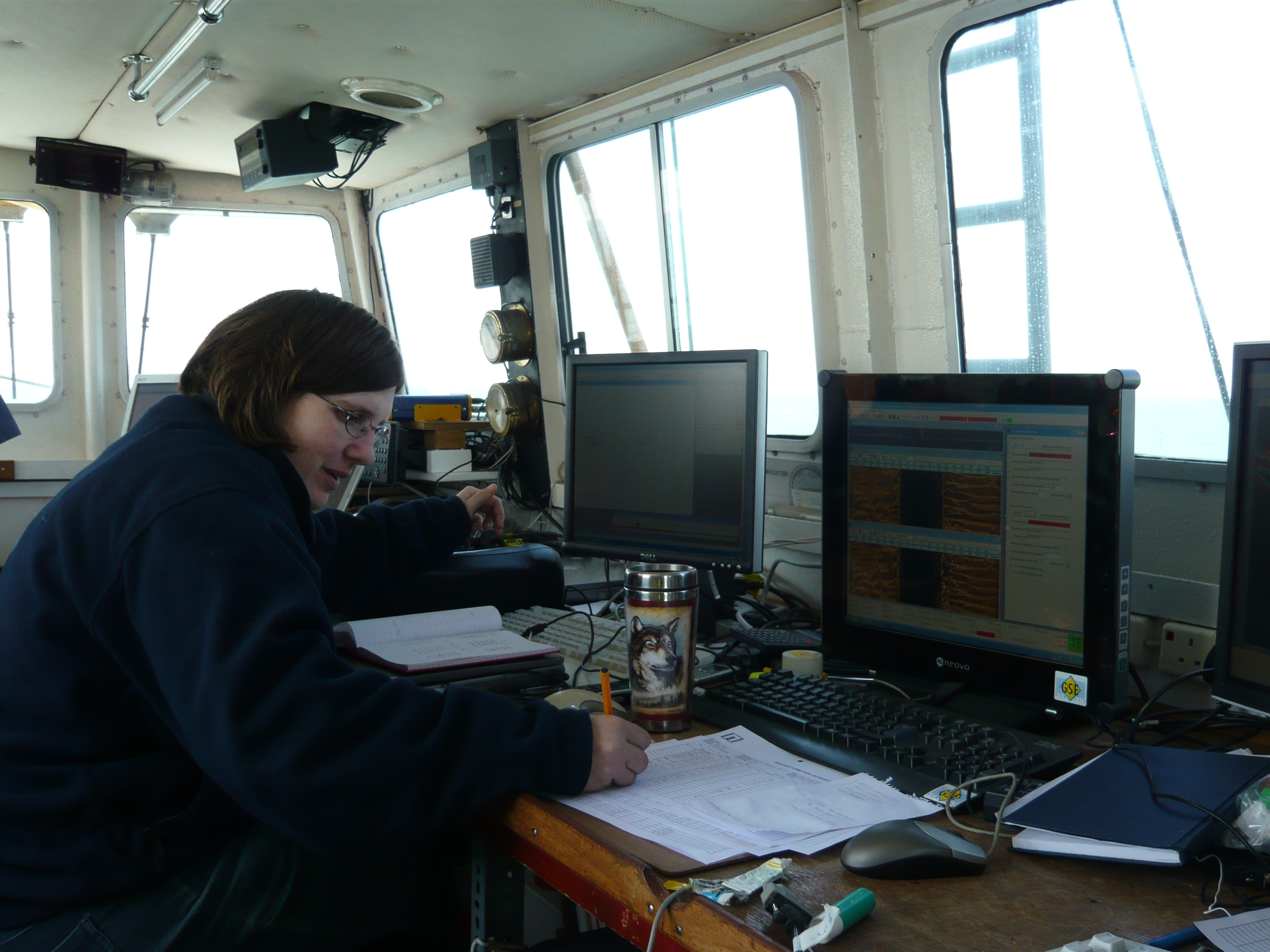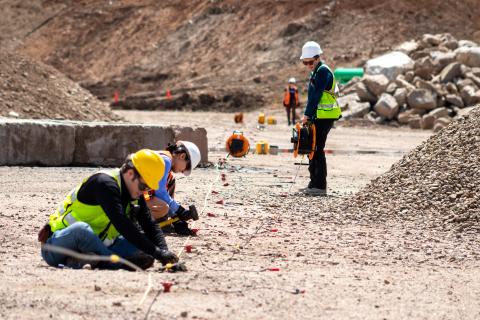All Categories
Featured
Table of Contents
What Does A Geophysicist Do? in Murdoch Australia 2023
This work is significantly contracted out, so consultancies offer another source of work. Consultancy companies vary in size, from very small companies to large multinationals. Some consultancies are quite specialised in using specific geophysical techniques or working in specific places, while others provide a more varied variety of services to their customers.
The extraction of gas from land fill websites is another area of work and this might grow in the future. Expedition business may undertake work for building and construction companies, water companies, mining companies and ecological firms, so geophysicists may be used in any of these settings. Other companies consist of: geological surveysgovernment bodies and agenciesuniversities and research study institutes.


Jobs may be listed in the oil and gas sector press. Recruitment is impacted by oil price changes and the level of competitors for positions varies depending on this. Professions Days, which cover the complete range of geoscience careers and are typically gone to by a variety of crucial market companies, are run by The Geological Society.
Geophysical Survey in Applecross Oz 2021
Some of the large oil and gas companies use a full two-year structured training program across the breadth of geophysics, consisting of the chance to experience operate in numerous groups prior to specialising in one area. Your training may consist of deal with: existing wellsmagnetic and gravitational prospective field information analysisresearchrock analysis. It's more typical for your initial training to be provided on the job.

There might be a probationary period during which you work alongside an experienced coworker. Competency-based appraisals take place routinely in many firms. In smaller companies, and for academic posts, there is not likely to be any official training - you'll be expected to start work straightaway and get abilities as you go along.
If you work for a smaller sized company, you might find that you require to take duty for organizing and moneying your own advancement and training. If you have a geology degree, subscription of The Geological Society can be useful for networking and for maintaining to date with the industry.
Geophysical Surveys & Mapping - Ecs Limited in Mount Claremont Australia 2022
You may likewise find it beneficial to join the PESGB (The Petroleum Expedition Society of Great Britain, which has a geophysics special interest group. After a probationary duration, and as soon as you have actually gotten some experience, you might progress to senior geophysicist, then team leader and then into a senior function in management.
The ease of movement between roles depends upon the company structure. Study at Masters or Ph, D level in a subject related to geophysics or geosciences might assist with your profession advancement and progression. The employment market within the oil and gas market is very depending on rate and this may impact your opportunities for profession progression.
However, not all jobs are dependent on the oil and gas industries. For experienced geophysicists, freelance consultancy provides a great route for career development. You can also specialise in a specific area of geophysics. As a geophysicist, you're likely to have several jobs throughout your working life. International mobility is important for handling peaks and troughs in various countries at different times.
Uses For Geophysical Data in Boya Western Australia 2022
From geophysics, it's possible to concentrate on seismology (completing additional training to become a seismic interpreter) or to move into associated locations such as engineering geology or danger forecast.
Choosing what to study in college is a difficult choice. Even if you understand that your field of interest lies in science, what program of study is best for you?
The first step to attaining your goal of becoming a geophysicist is earning a degree. Even for entry-level positions in the field of geoscience, you'll require a bachelor's degree (a geophysicist college degree) from an accredited college or university. Some research study positions require prospects to hold master's degrees or even Ph.
Geophysics in Kiara Aus 2021
Postgraduate degree are particularly essential if you prepare to teach at a four-year institution. Geophysicists use physics ideas and methods to study the gravitational, magnetic, and electric fields of the earth. This furthers researchers' knowledge of both the planet's interior core and its surface area. Geophysicists need to have the ability to: evaluate rocks, photos, and other pieces of data perform research both in the field and in labs produce maps and charts of their findings write reports To accomplish all this, trainees require a specialized education for geophysicist professions.
As stated above, you'll require a bachelor's degree in geoscience or a related discipline, such as a physical science or a natural science, to land an entry-level task. Trainees can also prepare by majoring in topics like: Biology Chemistry Computer science Engineering Mathematics Physics The above geophysicist majors offer a more generalized technique to a single clinical discipline, but a lot of programs require students to take one or more geology course.
Latest Posts
What Is Geophysics And What Do Geophysicists Do? in Sinagra Australia 2023
Geophysics in Beckenham Western Australia 2022
Geophysical Survey - An Overview in West Perth Oz 2020